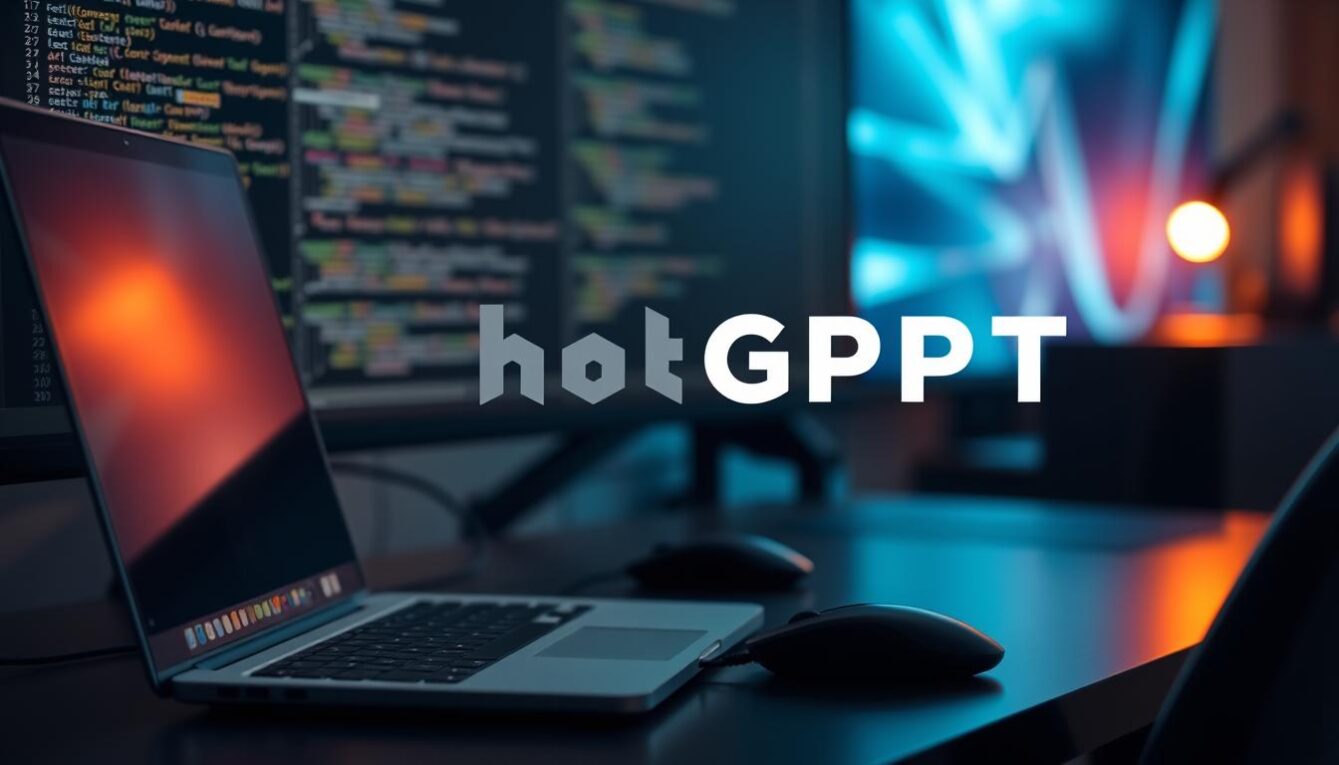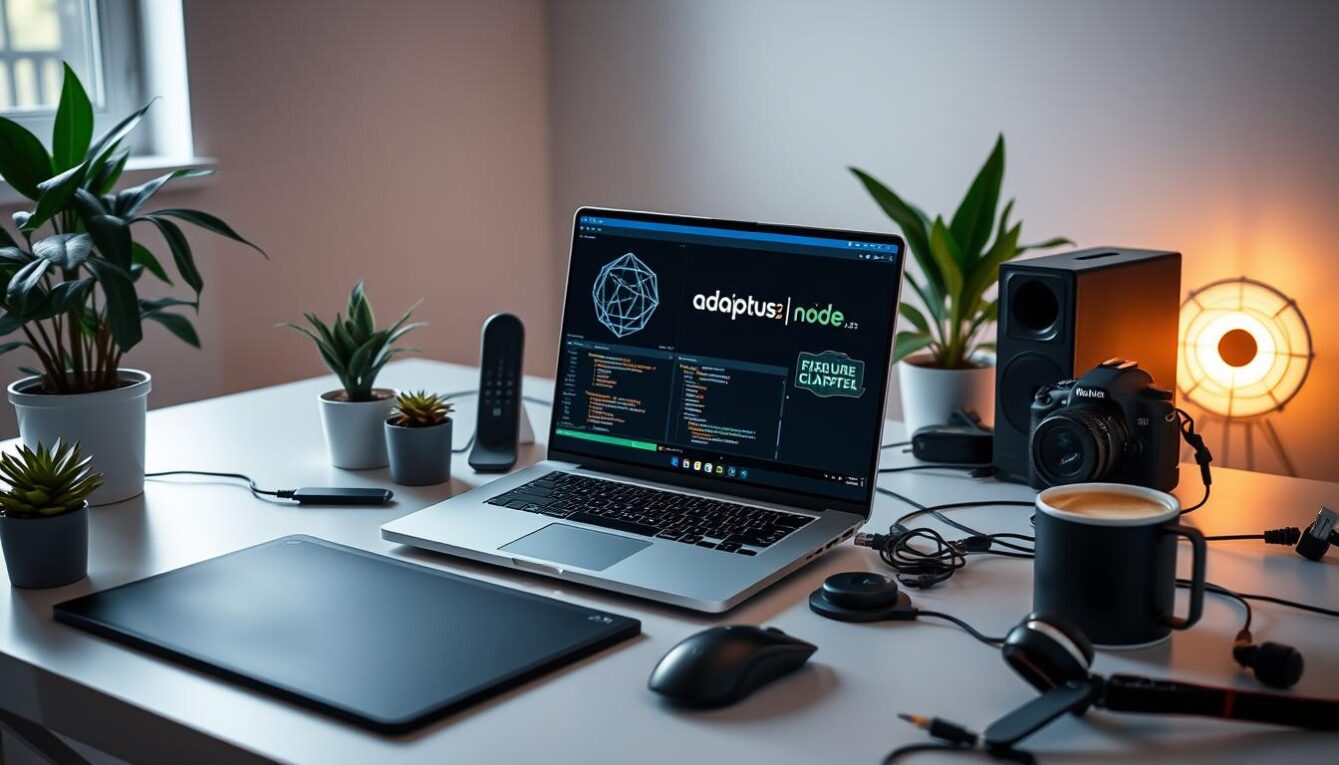| Resource | Description | URL |
|---|---|---|
| TensorFlow Official Documentation | The official TensorFlow documentation provides a comprehensive guide for getting started and reference material for the entire library. | TensorFlow Official Documentation |
| PyTorch Official Documentation | The official PyTorch documentation provides a comprehensive guide for getting started and reference material for the entire library. | PyTorch Official Documentation |
| Keras Documentation | The official Keras documentation provides a comprehensive guide for getting started and reference material for the API. | Keras Documentation |
| Deep Learning Book by Goodfellow, Bengio, and Courville | This is the de facto introduction to the field of Deep Learning. | Deep Learning Book |
| Coursera Deep Learning Specialization (Andrew Ng) | This course series covers deep learning fundamentals and applications. | Deep Learning Specialization |
| fast.ai | A practical deep learning course for coders which uses PyTorch. | fast.ai |
| TensorFlow GitHub | TensorFlow’s GitHub repository provides the library’s source code and examples. | TensorFlow GitHub |
| PyTorch GitHub | PyTorch’s GitHub repository provides the library’s source code and examples. | PyTorch GitHub |
| TensorFlow Playground | An interactive visualization of neural networks, written in TypeScript using TensorFlow.js | TensorFlow Playground |
| Google’s Machine Learning Crash Course | Google’s fast-paced, practical introduction to machine learning featuring TensorFlow APIs. | Google’s ML Crash Course |
| Kaggle | Kaggle is a platform for predictive modelling and analytics competitions. It also provides datasets for training and exploring machine and deep learning models. | Kaggle |
| Distill.pub | Distill offers clear and thorough visual explanations of deep learning concepts. | Distill.pub |
| NVIDIA Deep Learning AI | NVIDIA’s deep learning platform is a suite of tools and libraries including TensorRT, cuDNN, and more for server, workstation, data center, and cloud computing. | NVIDIA Deep Learning AI |
Deep Learning Tools
Several popular tools and frameworks are available for deep learning, which can be used for various tasks such as image recognition, natural language processing, and reinforcement learning. Some of the most common tools include:
- TensorFlow: Developed by Google, TensorFlow is an open-source machine learning library that allows users to create, train, and deploy various types of neural networks. It has a robust ecosystem, including TensorBoard for visualization and TensorFlow Lite for mobile deployment.
- Keras: Keras is a high-level neural networks API written in Python capable of running on top of TensorFlow, Microsoft Cognitive Toolkit, Theano, or PlaidML. It is designed to be user-friendly and modular, making it easy to prototype and experiment with deep learning models.
- PyTorch: Developed by Facebook, PyTorch is an open-source machine-learning library that provides maximum flexibility and speed. It supports dynamic computation graphs, enabling users to change the network architecture during runtime. PyTorch is popular among researchers for its ease of use and debugging capabilities.
- Caffe: Caffe is a deep learning framework developed by the Berkeley Vision and Learning Center (BVLC) that focuses on image classification and convolutional neural networks (CNNs). It is known for its speed and efficient GPU computation, making it suitable for deployment in production systems.
- Microsoft Cognitive Toolkit (CNTK): CNTK is an open-source deep learning library developed by Microsoft that supports feedforward, convolutional, and recurrent neural networks. It is designed to be highly efficient and scalable, making it suitable for large-scale and distributed deep-learning tasks.
- Theano: Theano is an open-source numerical computation library for Python that enables users to define, optimize, and evaluate mathematical expressions involving multi-dimensional arrays. Although Theano development has been discontinued, it is still used in some projects and as a backend for Keras.
- MXNet: Apache MXNet is an open-source deep learning framework designed for efficiency and flexibility. It supports multiple programming languages, including Python, R, Scala, and Julia, and allows users to scale across multiple GPUs and distributed systems.
- Chainer: Chainer is a Python-based deep learning framework that supports dynamic computation graphs and allows users to modify the network structure on-the-fly. It is known for its flexibility and ease of use, making it popular among researchers.
These tools can be used with various pre-processing and data augmentation libraries, such as OpenCV, sci-kit-image, and NLTK, to develop and deploy deep learning models for various applications.
Louis M is a seasoned entrepreneur with over 20 years of experience building startups and SaaS solutions. He holds a degree in MIS and has spent over ten years working in machine learning. Louis has founded successful companies such as Burnalong, XG Technologies, and Xtreme Networks. He is passionate about using technology to solve complex problems and drive innovation.










